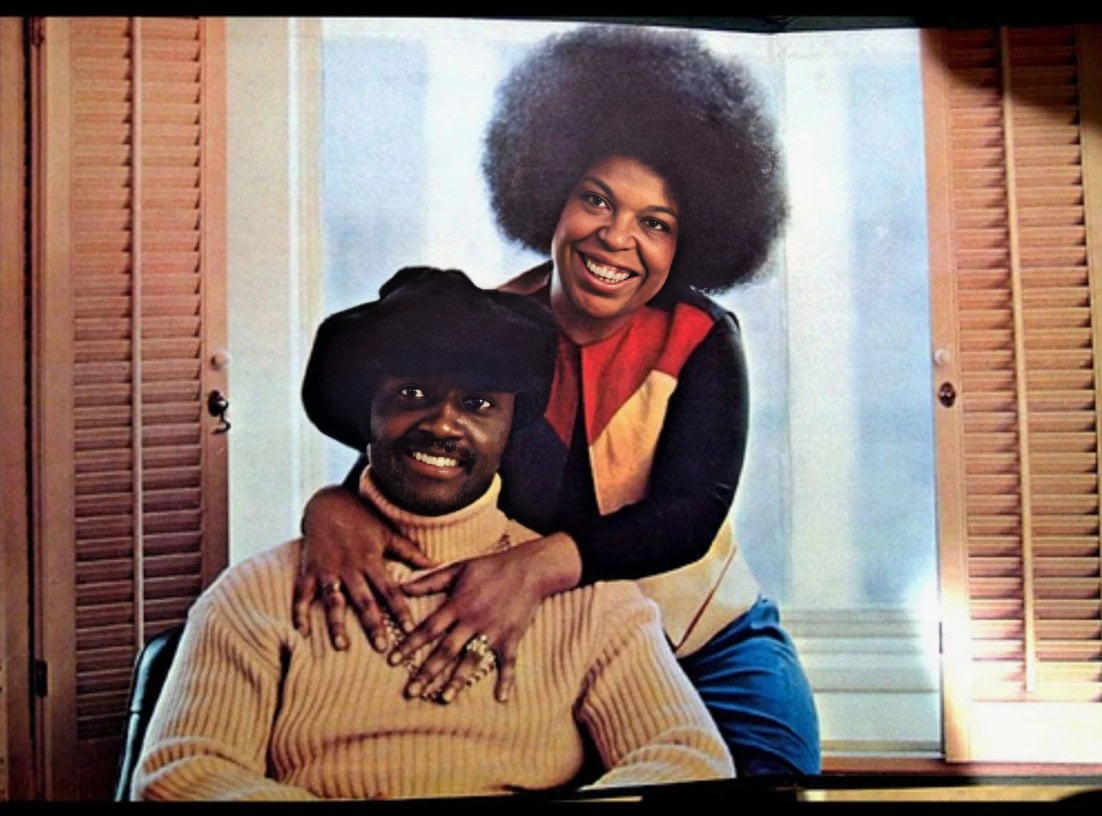
Roberta Flack’s 1973 rendition of “Killing Me Softly with His Song” transcended mere popularity to become a cultural touchstone, solidifying its place as one of the defining ballads of the decade. While not originally written for her, Flack’s interpretation infused the song with a depth of emotion that resonated deeply with audiences, ultimately eclipsing previous versions. The song, written by Charles Fox and Norman Gimbel, was inspired by Lori Lieberman’s reaction to a Don McLean performance. Lieberman recorded the song first in 1972, but it was Flack’s soulful delivery that catapulted it to international fame.
Flack, already a respected artist with a Grammy under her belt for “The First Time Ever I Saw Your Face,” brought a unique vulnerability and power to “Killing Me Softly.” Her warm contralto voice, combined with the song’s evocative lyrics about the power of a performer to capture raw emotion, created a listening experience that felt intensely personal. The arrangement, featuring a delicate interplay of piano, strings, and subtle percussion, further enhanced the song’s intimate atmosphere.
The song’s impact was immediate and overwhelming. It topped the Billboard Hot 100 chart for five weeks, becoming one of the biggest hits of 1973. Its success extended globally, earning Flack two Grammy Awards in 1974: Record of the Year and Song of the Year. The album containing the track, also titled “Killing Me Softly,” became a multi-platinum seller. Critics praised Flack’s nuanced performance and the song’s lyrical depth, recognizing its ability to connect with listeners on an emotional level.
Beyond the charts and awards, the song cemented its legacy through its cultural impact. “Killing Me Softly” became an anthem for a generation, its themes of vulnerability, empathy, and the power of music resonating deeply with listeners. It continued to be covered by various artists throughout the years, most notably the Fugees in 1996, further demonstrating its enduring appeal and timeless message. The song’s ability to evoke such strong emotional responses solidified its place as a classic, transcending generations and continuing to captivate audiences decades after its release.